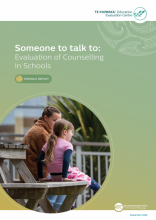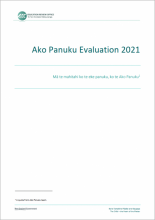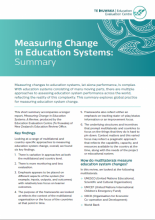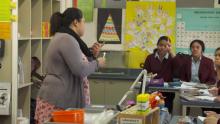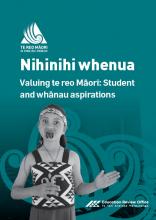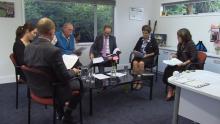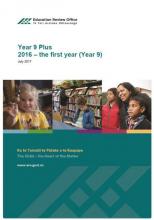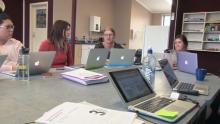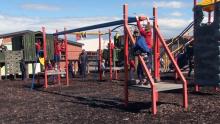Someone to talk to: Evaluation of Counselling in Schools - Counselling
The Education Review Office looked at the effectiveness of Counselling in Schools, how well it reached the students it is targeted at, the impact it had, and some lessons for counselling programmes in the future. We found that counselling improves students’ mental health, and we also saw some encouraging signs of improved learning and wellbeing more widely.
